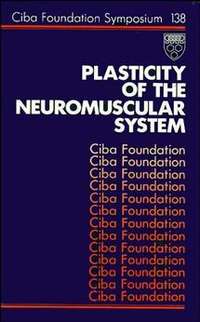
Полная версия
Functions of the Proteoglycans
Presents a comprehensive review of current proteoglycan research, which is providing fresh insights into many major chronic diseases. The proteoglycans are a family of macromolecules which contain one or more glycosaminoglycan chains covalently bound to a core protein. Proteoglycans are a major component of the extracellular matrix of connective tissues and help to determine its volume, resiliency, and organization. They are an important medium through which nutrients, hormones, and other solutes are transported to cells, and they play a significant role in cell-cell interactions. Disturbances in proteoglycans occur in rheumatic and connective tissue disorders, degenerative bone disease, vascular disease, renal disease, and malignant disorders.









